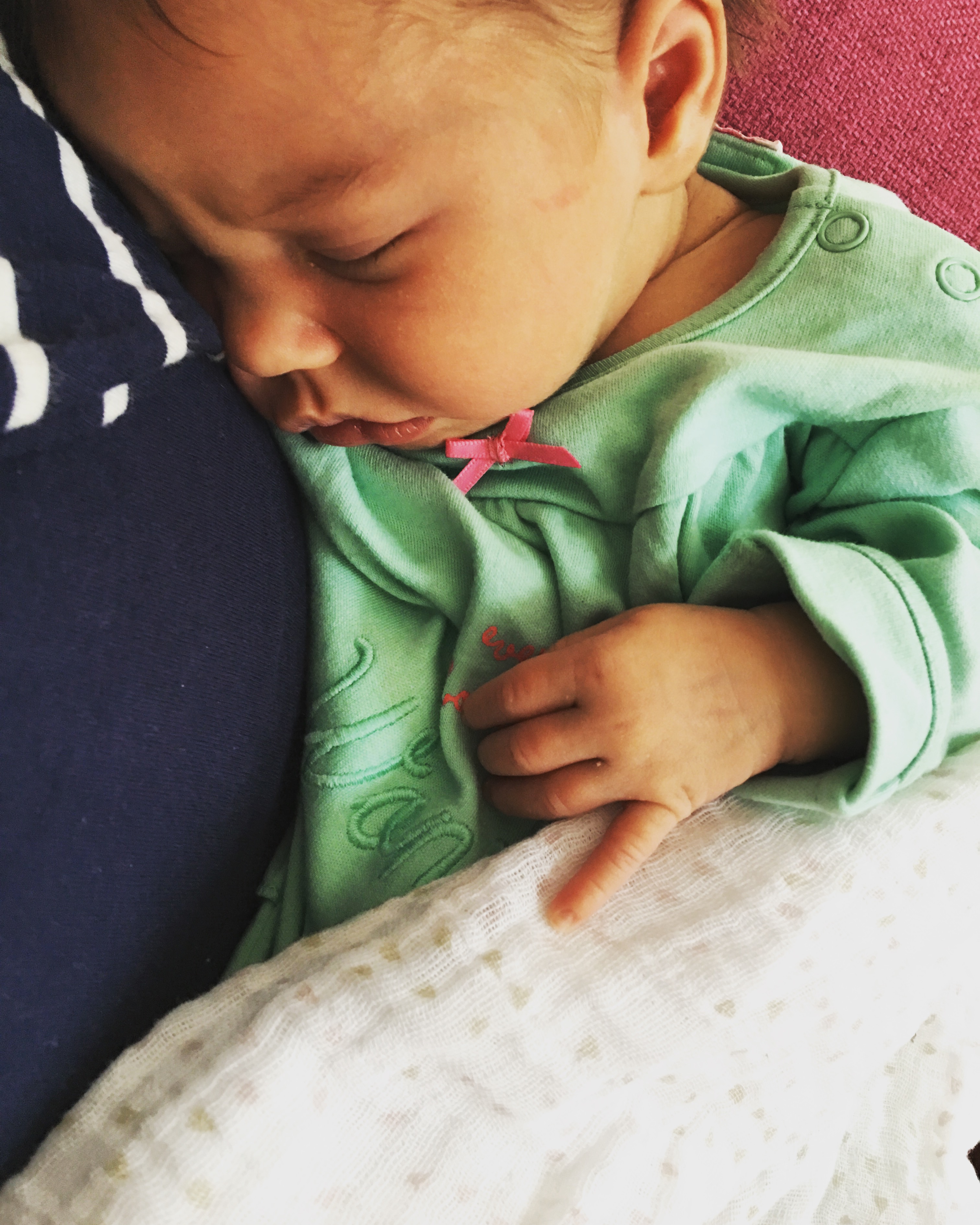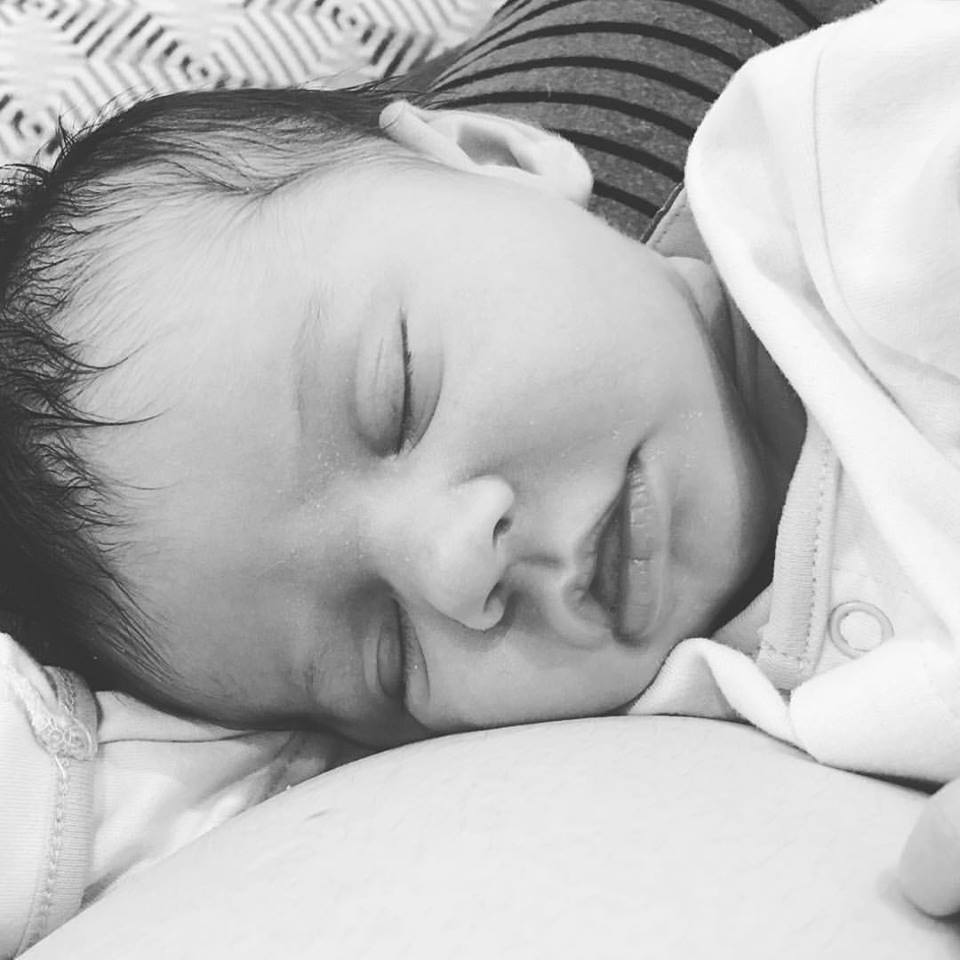Being pregnant is an elaborated experience for a woman: it changes our body, emotions and even the way of thinking.
One of the most critical challenges I came across mainly during my first pregnancy was how to get plenty of peaceful sleep. It’s common knowledge that pregnancy causes various sleep disturbances, from nausea to snoring, heartburn, leg cramps, vivid dreams, heavy breathing and back pains.
Specialists say that the first trimester is tricky, because of all the dramatic metabolic changes and the fact that the body has to adapt to them. They claim that during their second-trimester women tend to sleep better, while amid the final trimester most women wake up several times during the night.
Even though every pregnancy is different, the truth is that all moms-to-be have to deal with sleep problems. I’ve been there not just once! And since I had to learn the tricks the hard way, I thought a short “sleeping through pregnancy” guide might come in handy for all future moms:

Try to set a sleep schedule and stick to it. Napping is also recommended, but keep it short (30 to 60 minutes), and don’t take it close to bedtime.
Cut down beverages after 6 p.m. if you want to avoid waking up for a bathroom run.
Do your work-out in the morning, the afternoon or early evening, because late exercising tends to trigger insomnia.
Eat about four hours before going to bed. The pregnancy influences your digestive process, which will take longer.
A useful trick to help that process is to stay upright during those hours.
Stay away from heartburn-inducing foods – meaning anything spicy, fried or acidic. Also, forget about late coffees and carbonated drinks.
Avoid heavy meals and choose lighter dishes, with lots of fortified grains and leafy greens. Snack something salty before bedtime to discourage morning sickness. You can even stock some crackers on your nightstand – but not too many.
The best sleeping advice I ever got: sleep on your left side. That position will take the pressure off your lower back; it will prevent snoring, and it will also help blood and nutrients flow to your baby. Sleeping on your left will make your nights easier when your belly will get bigger.
Use pillows for your comfort: between your knees, behind your back, and under the belly. Or buy a pregnancy pillow – they are quite popular and helpful.
Do abdominal exercises on a regular basis and stretch. Flex your foot if you get leg cramps.
Try a pre-bedtime massage (mainly on your legs) or a pleasant warm bath.
Learn how to unwind and relax. You could try various relaxation (and in the same time sleep-inducing) techniques, such as breathing, progressive muscle relaxation, yoga or guided imagery.
Arrange your bedroom according to your preferences. That space should be your sanctuary.
Keep the room slightly cool because your body temperature goes up during the pregnancy.
Turn off all electronic gadgets in the room, block the light and the noise and air the room a little bit before going to bed.
Use your bed for sleeping, not as your office.
Listen to soothing music or read something light. Take a walk through the house if you still can’t sleep.

What is your top tip for a good night’s sleep?
For more information about why sleeping on your left side is important during pregnancy please read the advice from Tommy’s
This is a collaborative post
